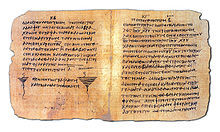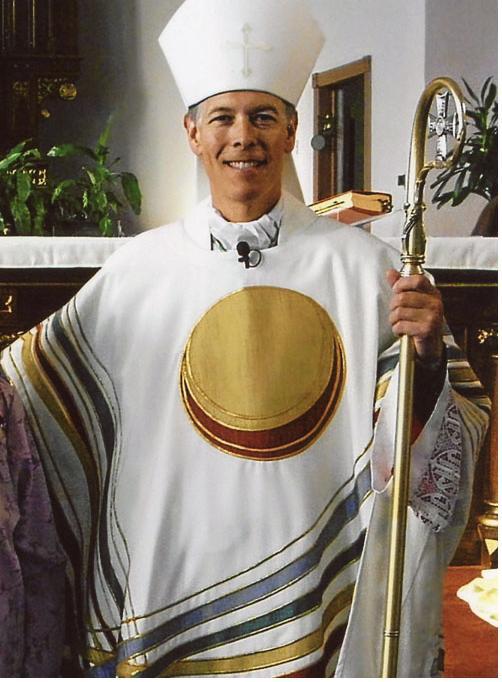"This Is Indeed the Prophet Who Is to Come Into the World" -- John 6:1-15
 Tuesday, February 10, 2015 at 10:34AM
Tuesday, February 10, 2015 at 10:34AM  The Nineteenth in Series of Sermons on the Gospel of John
The Nineteenth in Series of Sermons on the Gospel of John
Everywhere he went Jesus was followed by larger and larger crowds. John the Baptist’s ministry had come to an end, yet the messianic fervor sweeping throughout Israel did not die down. It only increased. Jesus had shown himself to be greater than the Baptist–not only in the power of his preaching, but also in the amazing signs and wonders he performed which proved that God was with him. While many were following Jesus out of desperation (because of disease or demon possession), others saw in Jesus a potential king who could lead Israel to victory over Rome. Although Jesus is Israel’s king, and God’s final prophet, and even though he shows great compassion upon those sick and suffering, it will become clear in John 6, that the vast majority of Jesus’ followers badly misjudged who he was, and were following him for all the wrong reasons. This will begin to become clear in the wilderness east of the Sea of Galilee.
We return to our series on the Gospel of John and we now come to John 6, surely one of the most interesting and theologically-loaded chapters in all the Bible. In this passage (which Bob Godfrey has aptly called “Jesus’ church shrinkage seminar”) we find two important miracles; the feeding of the five-thousand–the fifth miraculous sign which Jesus performed, followed by the account of Jesus walking on water. These two miracles are, in turn, followed by a lengthy discourse in which Jesus says of number of things so difficult to accept that many of his disciples walked away and no longer followed him.
And then in the discourse which makes up the bulk of the chapter (vv. 22-58), Jesus places himself at the very center of Israel’s redemptive history. Jesus makes a number of striking allusions to key Old Testament events–all of which, he implies, are fulfilled in his messianic mission. Jesus speaks directly about the doctrine of election, and tells the crowds that they cannot come to him unless they are drawn to him by the Father. Jesus speaks of the true nature of faith, he speaks of the spiritual eating of his flesh because he is the living bread come down from heaven, and he lays important groundwork for his institution of the sacrament of the Lord’s Supper later on. As you can see, there is much in this passage for us to consider.
Ideally, we should go through this entire passage in one sitting–but that would take several hours to do it justice. So, what I will do is break the passage down into a number of smaller units so we can go through the whole discourse in some detail. But while we are in John 6, I ask you to read through the entire chapter several times so that we don’t lose sight of the forest for the trees. First, we will look at each of the two miracles which provide the setting and the context for the discourse which follows. Then, we will divide our study of the discourse into three parts, before we wrap up with the outcome of the discourse (vv. 59-71) when many of Jesus’ disciples walk away because of our Lord’s difficult sayings.
In the first 15 verses of John 6, Jesus miraculously feeds well over five thousand people. This is the only miracle found in all four gospels (other than the account of the resurrection), yet the only mention by John of the lengthy Galilean phase of Jesus’ ministry which figures so prominently in the synoptic gospels (Matthew, Mark, and Luke). The first thing we should notice when we come to John 6 is that the scene has shifted from Jerusalem (in John 5) back to the Galilee region. John informs us in verse 1, “after this Jesus went away to the other side of the Sea of Galilee, which is the Sea of Tiberias.”
To read the rest of this sermon, Click Here







